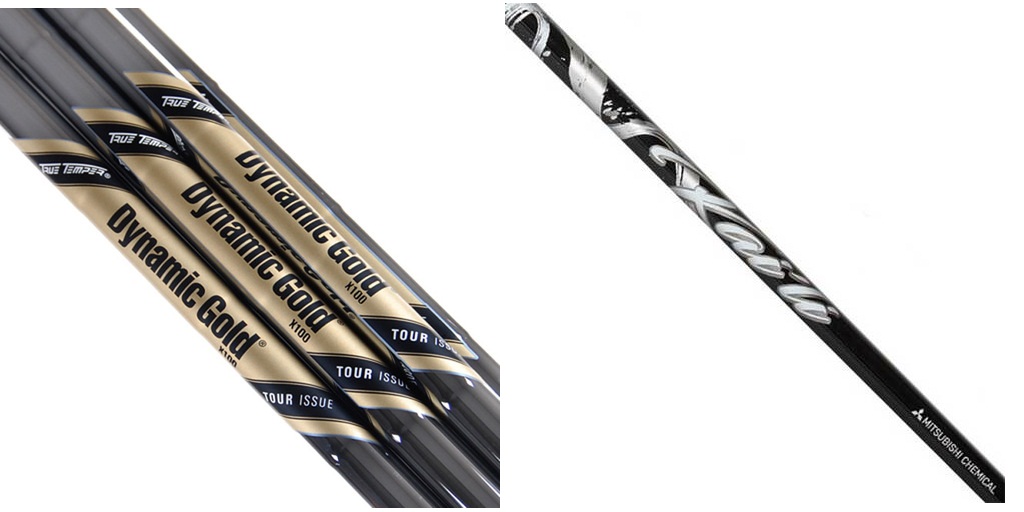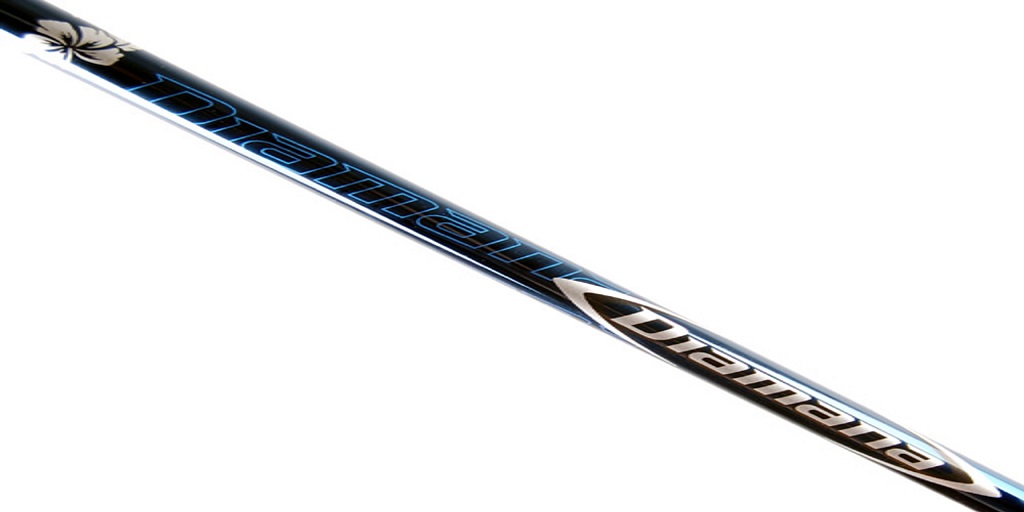The leading producers of the best driver shafts in the world are consistently releasing new generations of their previous shafts and all-new introductions that are made with high modulus graphite and carbon fiber, multi-material construction, reinforced with steel wire, and sporting other such similar traits.
Collectively, these shafts are stiffer, more sensitive, lighter, with lower toque ratings and higher kick points. With such trends, you might wonder why the industry ever got past steel shafts.
You’d also think that this endless search for stiffer, thinner materials would mean that the best driver shafts are also the stiffest. This is not necessarily the case.
Shaft flex and shaft suitability to a given player’s strengths are interrelated, but that does not mean that stiffer driver shafts are inherently better.
Shaft Flex and Swing Speed
It is true to assume that shaft flex is important; all things considered, it is the most important trait of a driver shaft and is closely linked to a player’s swing speed.
The reason so many manufacturers are trending towards stiffer shafts is because these better suit the needs of experienced players and professionals with higher swing speeds.
To these players, stiffer shafts bend less during the swing. It is easier for the player to achieve higher swing speeds without “help” from the shaft. They do not need the forgiveness of more flexible shafts that some players need. To some players with high-speed swings, playing with a flexible shaft can feel imprecise, poorly tuned, and even whippy.
But that does not mean that all driver shafts are or should be extra stiff. There are actually certain situations where more flexible shafts are even more desirable.
Ebb and Flow
Players with slower swing speeds can be frustrated by extra stiff golf shafts. It can be hard for them to achieve higher golf ball speeds and shot heights necessary to reach greater ranges. As such, it can be difficult for them to improve their range and accuracy.
Shot dispersion can also suffer if a player plays with a driver shaft that is too stiff. More flexible shafts are also more forgiving, making them more suitable for players with slower swing speeds. The more flexible the shaft, the lower the kick point will tend to be, creating a higher launching shaft that allows the player to achieve higher ball flight and thus longer ranges.
This is the reason that amateur shafts, ladies’ shafts, and senior golf shafts for sale typically have their own ratings or are on the more flexible side. These players tend to have slower swing speeds that are better paired to drivers with more flexible shafts. So in this instance, the best driver shafts are actually more flexible.
Do Other Factors Affect Ball Flight and Shot Dispersion?
Absolutely, yes; in addition to shaft flex, other traits such as kick point, torque rating, length, and weight will all impact the performance offered by a driver shaft. So will the manner in which the shaft flexes throughout the tip, midsection, and butt section.
Whether you’re looking for more flexible driver shafts or simply want to learn more about what makes the best driver shafts visit Dallas Golf Company online at DallasGolf.com. They carry a wide range of driver, fairway wood, and iron shafts from the best manufacturers in the industry, including but not limited to True Temper, MCA, Project X, Aldila, Fujikura, Graphite Design, and many others.
Visit their website via the link above or get in touch with them directly at 800-955-9550 to learn more about the best golf clubs and shafts in the industry, like the TENSEI CK Pro or Project X HZRDUS Smoke graphite shafts.
For more information Mitsubishi Shafts and Fujikura Ventus Please visit: Dallas Golf Company Inc.





